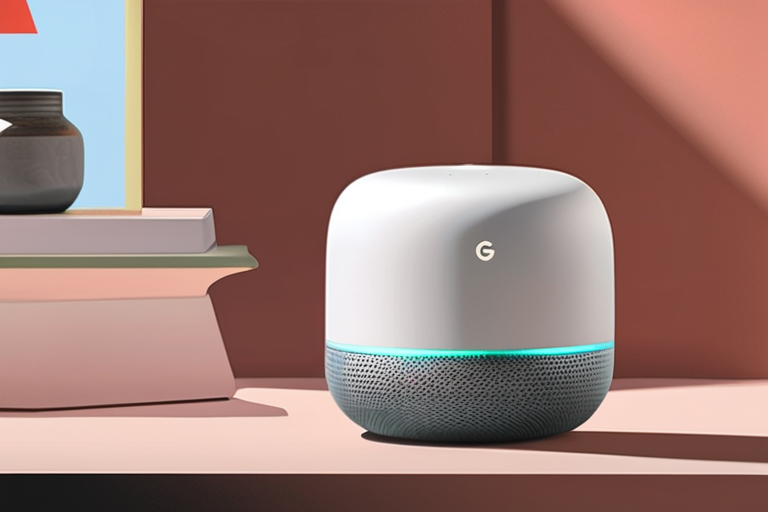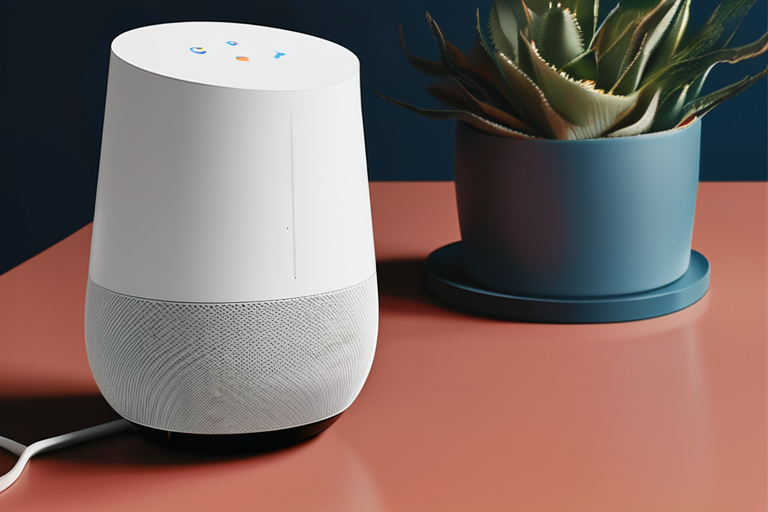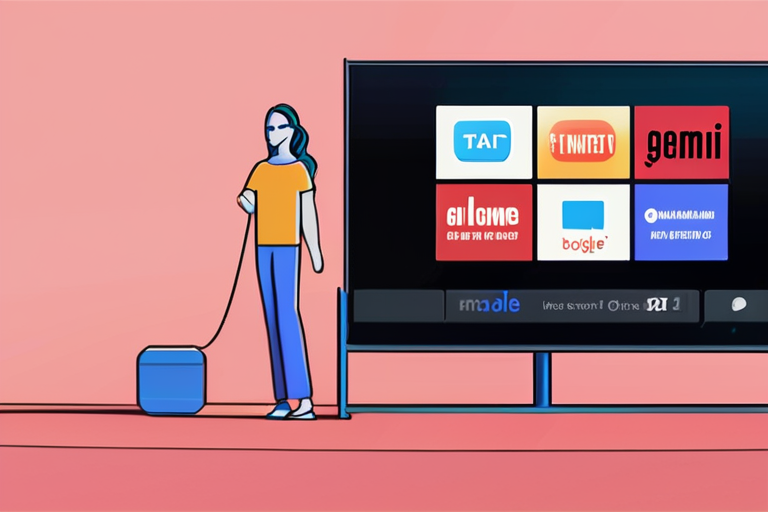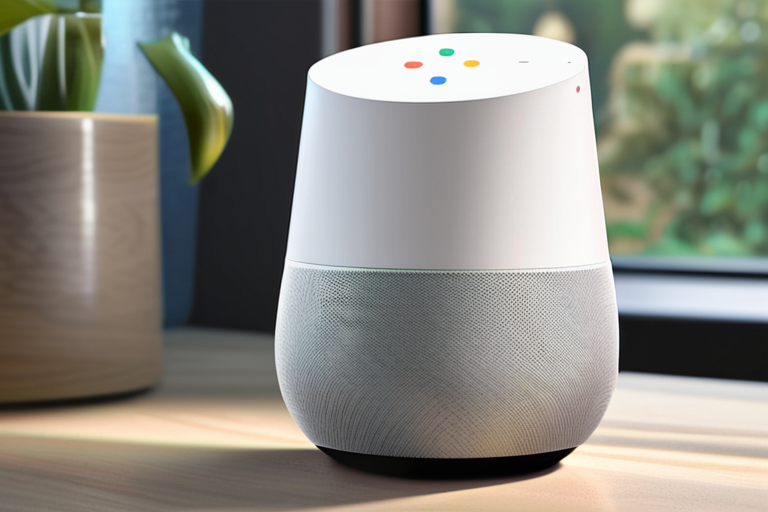Google Unveils Gemini-Powered Smart Home Lineup and AI Strategy
In a move to bolster its presence in the smart home market, Google revealed its refreshed lineup of Google Home and Nest devices, powered by its advanced AI assistant, Gemini AI. The announcement, made just a day after Amazon's introduction of its new Echo devices, marks a significant step forward for Google's AI strategy.
According to Anish Kattukaran, Chief Product Officer at Google Home and Nest, the company plans to showcase innovation and push the boundaries of what is possible with Gemini in flagship hardware categories. "We're going to build flagship hardware in certain categories where we think there's a lot of room to innovate," Kattukaran said in a press briefing ahead of Wednesday's announcement. "And then we'll complement that with making Gemini accessible to other manufacturers and businesses, so it's not constrained to one set of devices from one OEM at one set of price points."
The new lineup includes several devices, including the Google Home Max, which features improved sound quality and a more compact design. The Nest Hub Max, meanwhile, boasts an 10-inch display and enhanced video capabilities.
Google's AI strategy is centered around making Gemini accessible to other manufacturers and businesses, allowing them to integrate the technology into their own products. This approach is similar to Google's Android platform, which allows multiple OEMs to build devices compatible with its operating system.
The move is seen as a significant shift in Google's business strategy, marking a departure from its traditional focus on hardware development. By making Gemini accessible to other manufacturers, Google aims to create a more comprehensive and integrated smart home ecosystem.
Industry experts say the announcement is a bold move by Google to establish itself as a leader in the AI-powered smart home market. "Google's decision to make Gemini accessible to other manufacturers is a strategic play to expand its reach and influence," said Sarah Tavel, a tech analyst at Gartner Research. "By doing so, Google can create a more comprehensive and integrated ecosystem that rivals Amazon's Echo platform."
The release of the new lineup and AI strategy comes as the smart home market continues to grow rapidly, with an estimated 1.4 billion devices expected to be connected by 2025. With its refreshed lineup and expanded AI strategy, Google is well-positioned to capitalize on this trend.
As for what's next, Kattukaran hinted at future developments in the field of AI-powered smart home devices. "We're just getting started," he said. "There are many exciting things on the horizon, and we're committed to pushing the boundaries of what's possible with Gemini."
Background:
Google Home and Nest have been a staple of the smart home market for several years, offering users a range of devices that integrate seamlessly with Google's AI assistant, formerly known as Google Assistant. The introduction of Gemini AI marks a significant upgrade to the platform, enabling more advanced features such as natural language processing and machine learning.
Additional Perspectives:
Industry experts say the announcement is a testament to Google's commitment to innovation in the smart home market. "Google's focus on AI-powered devices is a clear indication that it sees the future of the industry," said Mark Vena, an analyst at Moor Insights & Strategy. "By making Gemini accessible to other manufacturers, Google can accelerate the development of new and innovative products."
Current Status:
The release of the new lineup and AI strategy marks a significant milestone for Google in its quest to establish itself as a leader in the smart home market. With its expanded offerings and commitment to innovation, Google is well-positioned to capitalize on the growing demand for AI-powered devices.
As for what's next, Kattukaran hinted at future developments in the field of AI-powered smart home devices. "We're just getting started," he said. "There are many exciting things on the horizon, and we're committed to pushing the boundaries of what's possible with Gemini."
*Reporting by Techcrunch.*



 Hoppi
Hoppi

 Hoppi
Hoppi

 Hoppi
Hoppi

 Hoppi
Hoppi

 Hoppi
Hoppi

 Hoppi
Hoppi











